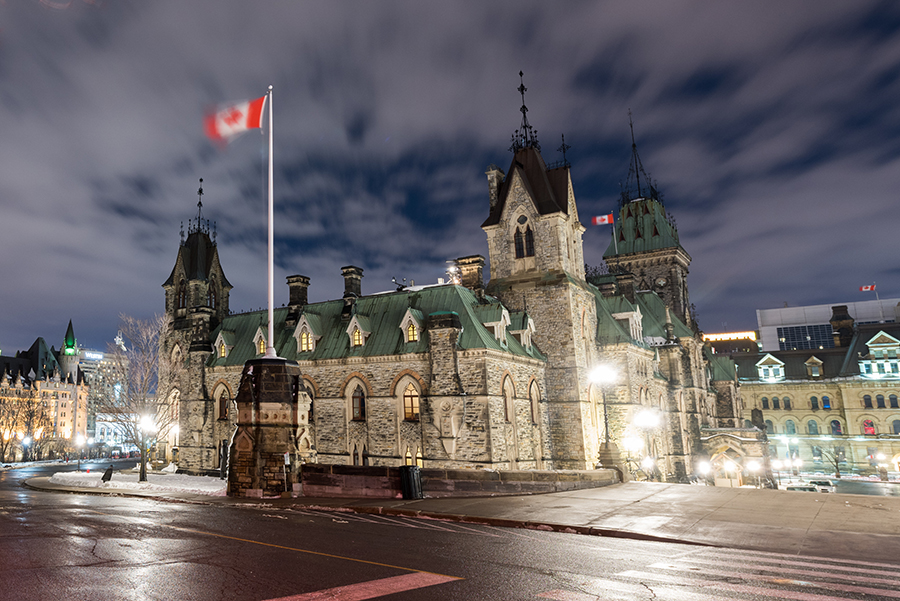Flip-flop in regulating mental health counsellors will slow getting urgent services to Indigenous people
Shari Narine,
Local Journalism Initiative Reporter
The decision by Alberta to regulate counsellor therapy through the College of Alberta Psychologists (CAP) will not meet the urgency of mental health care required by Indigenous populations in the province.
Letters sent from Treaty 6 and Treaty 8 nations in February to provincial ministers Dan Williams (mental health and addiction) and Adriana LaGrange (health) highlight the “escalating mental health crisis” the First Nations are experiencing.
Grand chiefs Arthur Noskey (Treaty 8) and Cody Thomas (Treaty 6) supported the creation of a College of Counselling Therapy of Alberta (CCTA) to regulate counsellors.
Through regulation, counsellors could be able to provide mental health services funded under the Non-Insured Health Benefits program operated by Indigenous Services Canada.
Both Noskey and Thomas stated they had undertaken collaborative work with the Association of Counselling Therapy of Alberta in the association’s work to create the CCTA.
“Once the CCTA is proclaimed, Treaty No. 8 will collaboratively work long-term with the CCTA and other First Nations, Métis and Inuit to establish cultural safeguards and understandings within the CCTA’s processes, policies and governance. We call on the Alberta government to proclaim the CCTA without further delay,” said Noskey.
Instead, on March 1 the province announced that in the spring sitting it will introduce amendments to the Mental Health Services Protection Act, brought in by the previous NDP government in 2018, to repeal the section that creates the CCTA.
A second legislation, the Health Professions Act, will also be amended to support the College of Alberta Psychologists in regulating counsellor therapy. The province anticipates regulations would be put in place in 2025.
Even after that happens, Indigenous Services Canada will still have to review the regulations “to determine whether the Non-Insured Health Benefits program coverage requires updating,” said department spokesperson Randy Legault-Rankin in an email.
“Until we have further information on the enacted regulations in the province of Alberta, we cannot consider the eligibility of any new provider types nor make operational adjustments to enroll them as licensed service providers.”
But the province’s 2025 date to have regulations in place is doubtful, according to Richard Spelliscy, CEO and registrar with the College of Alberta Psychologists.
“There’s lots of heavy lifting to do and we are establishing the parameters of that heavy lifting,” he explained, only two weeks into the process.
CAP is “only in the assessment phase,” he said, with multiple phases to follow, including planning, establishing milestones that must be met, timelines, and a transition phase.
He said the college would also have to collaborate with the province “to secure (financial) resources.”
One directive that has been clear in discussions with the government is “the importance of meeting the mental health needs of Indigenous communities” and so consultation will also be happening, he said.
The move to roll the regulation of counsellors into CAP “was a direction we didn’t foresee,” said Nicole Imgrund, chair of the Association of Counselling Therapy of Alberta
In 2019, the association received direction from the Alberta government to continue its work in creating the CCTA to regulate counsellors. Consultations for the CCTA went ahead, including with Indigenous leaders, before the government brought the work to an abrupt halt in October 2023.
The association has done all the necessary work to become a college, says Laura Hahn, CEO and registrar. Codes of practice and ethics have been developed, and an entry to practice examination has been adopted.
The association has also spent five years “building authentic relationships with diverse First Nations and the Métis Nation of Alberta (to ensure) a regulatory system that would really work in partnership…to address systemic racism, Indigenous racism in healthcare,” said Hahn.
Imgrund and Hahn though are both pleased that counsellors will be regulated, which should eventually lead to counsellors being able to offer supports through the Non-Insured Health Benefits program, and they’re committed to working with CAP.
However, says Imgrund, the association was ready to “stand-up” its own college immediately following a promised provincial proclamation and are now resigned to a slower process.
Expanding the number of Non-Insured Health Benefits program providers in Alberta is desperately needed, said Leigh Sheldon, a registered psychologist and member of Swan River First Nation.
Sheldon operates Indigenous Psychological Services in Edmonton. About half of her team are Non-Insured Health Benefits program providers, including her. Presently, registered psychologists, registered clinical social workers and registered psychiatric nurses qualify as benefits providers in Alberta.
“I have 900 people a month for the past two-and-a-half years really trying to get in for services and even (in January) it increased to 1,300. That’s got to say something, right? That’s got to mean something,” said Sheldon, who finds having to turn away Indigenous clients “very disheartening.”
And for all those people who haven’t been able to get support, Sheldon believes “this is where we’re seeing the connection with homelessness.”
She is hopeful that a college to regulate counsellors will also see an increase in Indigenous counsellors able to provide benefits program services.
“It’s really difficult for our people to get access into counseling support,” said Sheldon, who outlined her concerns with the Non-Insured Health Benefits program to Indigenous Services Canada in a letter last September.
She pointed out that the program “reflects a Western view of therapy,” which did not honour Indigenous cultural ways of healing. She also said that Indigenous clients received services from providers who did not understand intergenerational trauma and were not educated on the impacts of Indian residential schools. She also stated that clients found navigating the health benefits program and other health insurances complicated.
The responding letter from Indigenous Services addressed only provider eligibility, stating that once Alberta implemented a new professional college that regulates counselling therapists, the department would be “prepared to consider expanding the region’s Non-Insured Health Benefits mental health counselling services to include counselling therapists.”
Spelliscy says Alberta government’s decision to not create a new college is in keeping with modern regulatory trends of fewer colleges. He said members fund the colleges, so larger memberships provided larger budgets.
“Should legislation and regulations be approved by the Alberta legislature, (Indigenous Services) will undertake a review accordingly of (Non-Insured Health Benefits) eligible mental health practitioners in Alberta,” said Legault-Rankin.
No timeline was offered as to how long that review would take.
Shari Narine,
Local Journalism Initiative Reporter,
Windspeaker.com






